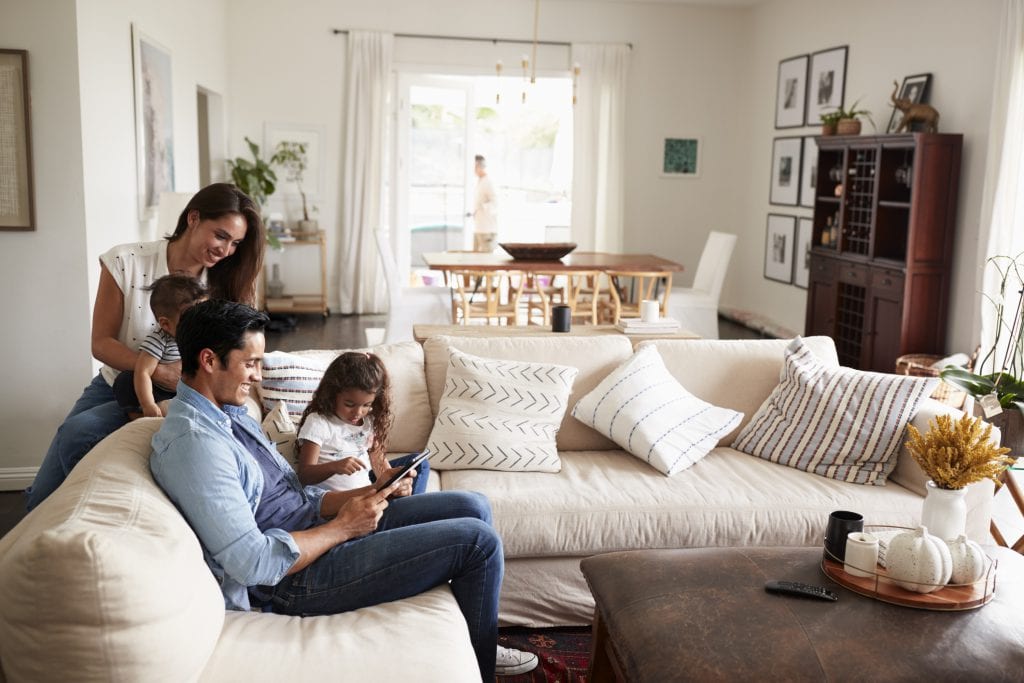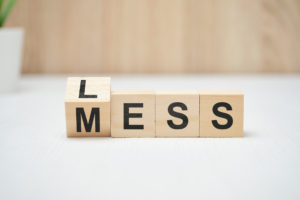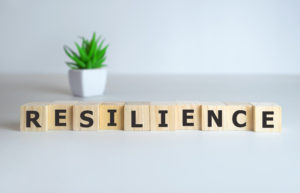Calm During COVID-19

Preparing for something as significant as a pandemic is not usually something on our “to-do” lists. It’s normal to feel both a desire to stay informed and inundated with information all at the same time. It’s also not uncommon to simultaneously feel scared of the unknown, and unclear about the factual details regarding the spread of COVID-19. We are all doing our best to navigate uncharted territory and anxiety is likely a component of this journey.
With schools being closed, individuals being required to work from home, travel bans, and the general uncertainty of any end in sight, you are likely feeling overwhelmed and unprepared. In a time such as this, it is imperative that we bond together to support one another, even from a safe social distance! Let’s explore some tips for emotional management and regulation together!
Avoid Information Overload. While watching and reading information and updates through the news media outlets can be helpful and informative, it is important to manage the exposure to facts and data regarding the spread of the corona virus. It’s okay to walk away and unplug for a bit. It’s more than okay, it’s healthy and important for overall mental and emotional health.
Avoid Thinking Errors. Black and white thinking is a common response to feeling a lack of control. For example, “everyone is going to get this virus” or “well there is nothing I can do about it.” These types of thinking errors often lead to feelings of overwhelm and a lack of control.
Control What You Can. Focusing on what you CAN control is one way to practice avoiding thinking errors and decreasing feelings of anxiety. Some examples of things you can control include hydration, sleep, washing your hands, and practicing social distancing.
Stick To A Routine. Everything feels turned upside down right now. Parents working from home alongside their children who are making their best efforts to complete schoolwork online does not feel normal for most of us! Implementing a daily routine can help provide your family with a sense of normalcy, and can also serve as a maintenance behavior for good habits children and students will continue when school resumes.
Connect. Social distancing can take a toll! Many people feel energized when socializing, and during a time of social distancing this energy may decrease. To combat feelings of loneliness and isolation, find creative ways to connect from a distance with those you care about, such as social media, FaceTime calls, and text messaging.
Give Yourself Grace. Be kind to yourself. This is a stressful time laced with fear and uncertainty. You are doing the best you can! This will not last forever!



